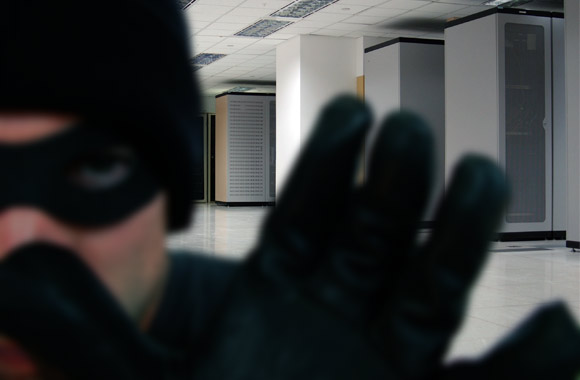Overseas server attacks are quiet common in this digital era, but no less deadly. It poses a serious threat to companies. So, if you are running a digital business, make sure to mark security at the top of your list in order to survive malicious threats. Quickly responding to attacks and remedying the situation can lessen the intensity of disaster.
The time a website goes live across the web, it becomes susceptible to threat and honestly, organizations must prevent than cure. Anti-virus is a curable treatment for your server that indicates threat, which has already entered your system. Instead of letting hackers step in, you must take some preventative measures to keep attackers from infecting the device. Securing your data with a managed firewall fights against malware, but you should equally show attention towards sealing loopholes, glitches and open doors, which is an easy way for hackers to check-in.
Overseas hacking is just another concept that is speedily growing stronger and laying down risks for the business giants. Targets of overseas hackers are typically large enterprises as they hold confidential data and trade secrets that attract attackers to steal the information. If you are a big player in the market, strong competitor might target you and attempt to perform security breach. If all the sensitive information fall into the wrong hands, your brand will be completed exploited and your business will be shattered. All of this will just lower your image and turn you nowhere.
With all said, it’s time to take some serious precautions and make your business harder to exploit
- Data encryption contributes in enhancing your IT security and protects your data from potential hacks or threats.
- Update software Avoiding timely updates exposes to the attacks in the meantime.
- Narrow down network boundaries with secure logins, creating strong passwords, and scanning plugins for viruses.
- Maintain managed firewall server that encrypts every communication that passes through the equipment and further works to block hacking attempts, and filters spams and malicious links.
- Encrypt your site with SSL protocol that will keep user information secret and avoid data leakage.
- Backup data periodically (consider this on a daily basis) so that when the disaster happens, you will still have a copy of your data safe and not simply drown every bit of it.
Don’t wait for the worst nightmare. Ensure to act wisely and shield you data in such an approach that hackers don’t get any opportunity to come near to it.

